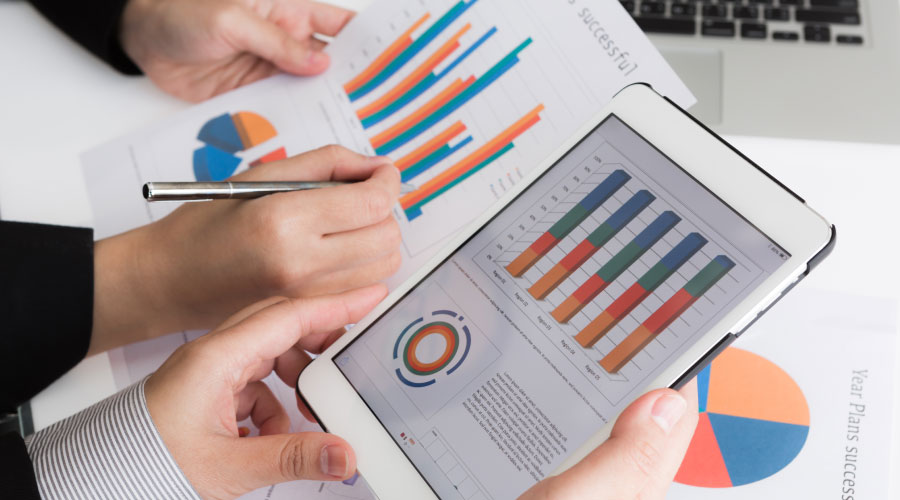Big data analytics: applications and Implementation

Through the three words volume, variety and velocity the definition of big data can be defined. The first word volume stands for the collected data that is presently available by an organization. By the second term velocity, the speed of data in-flowing in the company’s database is being referred. With the last phrase variety, it simply describes distinct types of data coming from different sources.
By deeply analysing the unstructured and structured data the companies are rapidly leveraging big data analytics tools to get a complete picture of customer’s behavior and preferences. With a blend combination of social media platforms, sensor data, browser logs and traditional data the big data is becoming very much significant for every company to know the future moves of buyers.
Distinct types of big data analytics:
1. Prescriptive analytics: With a combination of both predictive and descriptive analysis along with usage of optimization and simulation algorithms, all the possible outcomes of a market situation can be predicted well in advance.
2. Predictive analytics: From the statistical algorithms, data mining, machine learning and modeling the future outcomes can be guessed. Thus through predictive analysis future demand of the market can be forecast. In this highly competitive market for remaining ahead of your competitors, it is good technological technique to speculate the upcoming trends in various fields.
3. Descriptive analytics: It is one of the simplest forms of data analytics that can be painlessly extracted. For finding out the exact reason for the failure or success of any product/service, it is one of the most reliable sources.
Implementations of big data and business intelligence in distinct industries:
1. Healthcare: For managing medical data of large-scale population, reducing the paper costing and for providing top-notch services to the patients, big data plays a big role. From diversified sources and from distinct departments of healthcare centers such as financial, payroll and electronic health records a large amount of data is being gathered on daily basis.
2. Insurance: The insurance sector is always going through revolutionized alterations. For knowing the future expectations of the customer, schemes that you allure the client, and for identifying the upright process for implementation, big data can convert the dreams into reality.
3. Retail: For understanding the behaviour of customers and on the basis of customer’s purchasing, a number of things that are going in his mind can be foreseen. Through evaluating and judging big data the marketers and businessman get assistance to imagine what the customers are going to like and not.
Plus points of big data analytics
1. Reduction in cost: With the leverage of cloud-based and big data Hadoop technologies a large amount of data can be safely stored. With such big data of customers stored in the back-end, the businesses are able to guess up the requirements of future requirement in terms of quantity and product. In such a manner, big data is playing a huge role for smoothly running the business.
2. Designing new products and services: On the basis of customer present needs and future demands, the companies are able to predict what are the things that are going to fascinate the customer. With the leverage of big data technologies, the businesses are able to design new products that might fulfil the requirements of the consumer and reduce the competition too in the market.




